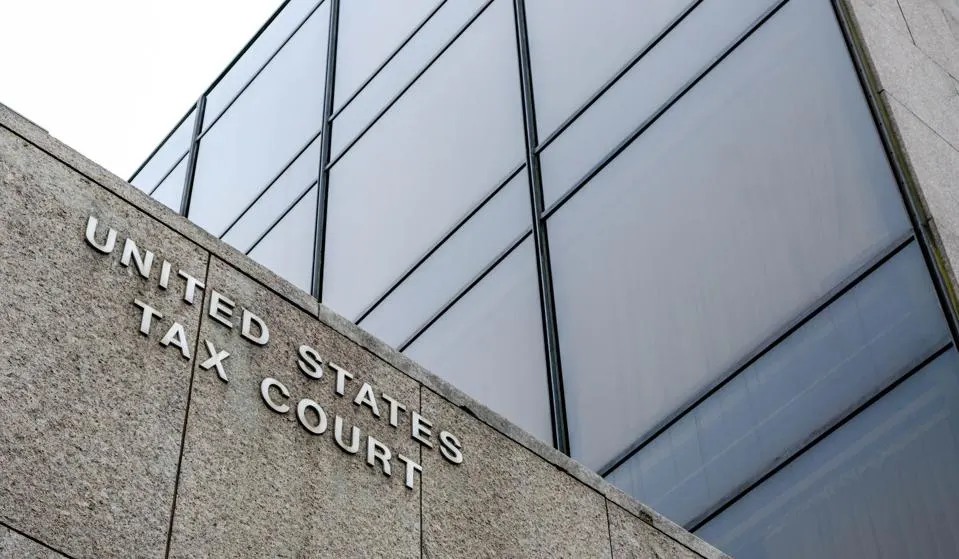Washington, D.C. — The United States Tax Court has ruled in favor of the Internal Revenue Service in a case involving disputed tax deficiencies, unreported income, and business expense deductions for the 2018 tax year. The decision, issued in T.C. Memo. 2025-80, addresses key questions on statute of limitations, substantiation of deductions, and late filing penalties.
Background
Adrienne Mennemeyer, operating a business known as Olive Tree, challenged the IRS’s determination of a tax deficiency for 2018. After claiming an extension to file her return, Mennemeyer failed to provide full documentation for several business expenses and did not report income received through an arbitration settlement. A Notice of Deficiency (NOD) was sent to her on March 15, 2023.
Key Issues
The court examined four main issues:
• Statute of Limitations: Whether the IRS issued the Notice of Deficiency within the three-year assessment period set by IRC § 6501(a).
• Unreported Income: Whether Mennemeyer failed to report taxable income from an arbitration settlement.
• Business Expense Deductions: Whether claimed business expenses were properly substantiated to qualify as ordinary and necessary under IRC § 162(a).
• Late Filing Penalty: Whether Mennemeyer was liable for an addition to tax for failing to file her tax return on time under IRC § 6651(a)(1).
Court Analysis
• Limitations Period: The Court found that Mennemeyer had not proven that the three-year limitations period had expired before the IRS issued the NOD. There was no evidence of a written agreement extending the period or of a timely filed return that would have triggered the expiration.
• Unreported Income: The IRS demonstrated that amounts received from an arbitration settlement constituted taxable income that Mennemeyer failed to include on her return.
• Business Expenses: The Court scrutinized expense claims under the substantiation requirements of IRC §§ 6001 and 162(a). Consistent with case law (Welch v. Helvering, INDOPCO, and Cohan), it found that Mennemeyer’s records were incomplete or inconsistent, and thus most claimed deductions were disallowed.
• Late Filing Penalty: The Court found Mennemeyer had not established reasonable cause for late filing and upheld the penalty under IRC § 6651(a)(1).
Court Decision
Judge [Name withheld in prompt] sustained all determinations of the IRS:
• The statute of limitations had not expired before the issuance of the NOD.
• The unreported arbitration settlement income was taxable.
• Most business expense deductions were denied due to insufficient substantiation.
• The late-filing penalty was properly imposed.
Ruling
The Tax Court’s decision affirms the IRS’s original deficiency determination and penalties against Adrienne Mennemeyer for the 2018 tax year. The ruling reinforces taxpayers’ obligations to maintain proper records, timely file returns, and accurately report all sources of income.
Case citation: T.C. Memo. 2025-80, Adrienne Mennemeyer v. Commissioner of Internal Revenue (Docket No. 10128-23, filed July 28, 2025).

